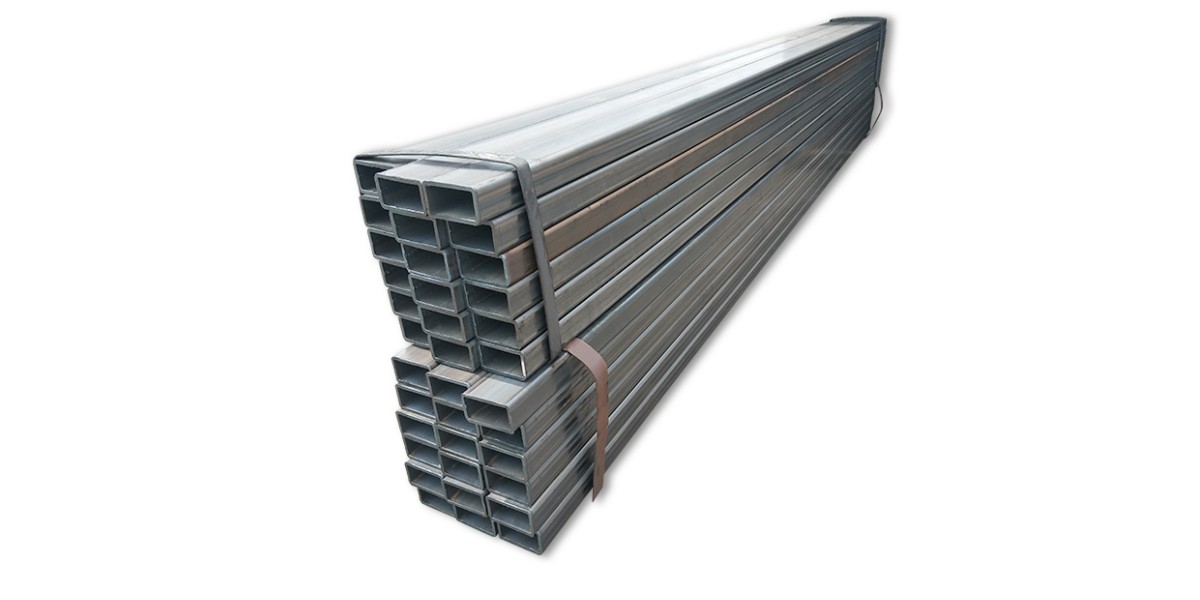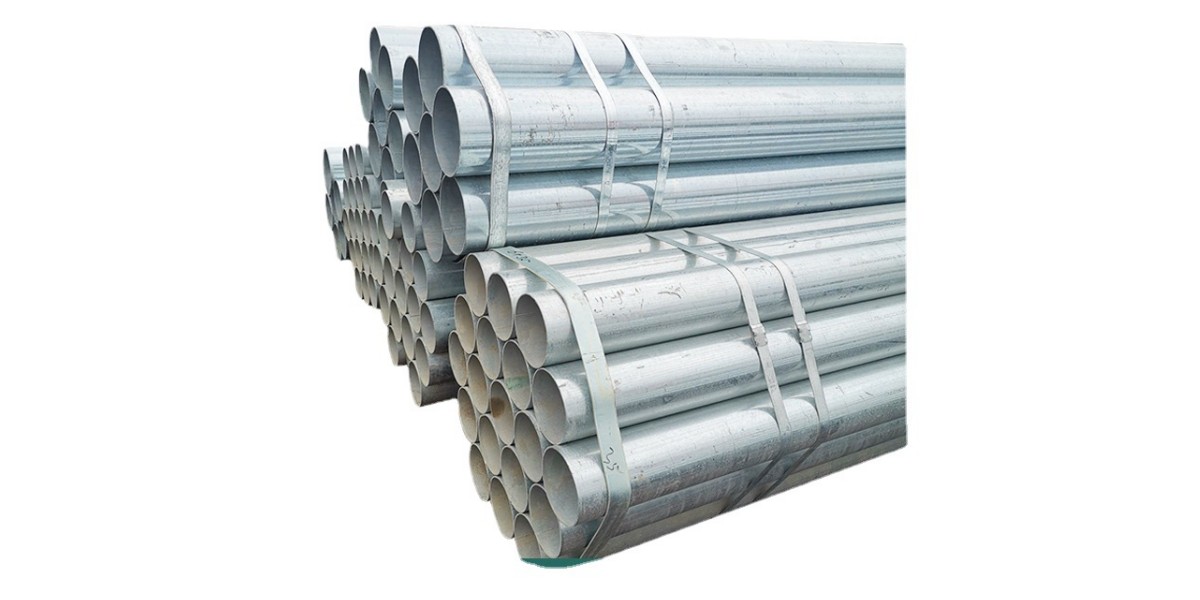Types of Steel Pipes
Steel pipes are essential components in many construction and infrastructure projects. They are used to transport fluids and gases, as well as for structural support in buildings and bridges. There are several types of steel pipes, each with its own unique properties and advantages.
One of the most common types of steel pipes is seamless steel pipes. These pipes are made from a solid round steel billet, which is heated and pushed or pulled over a form until the steel is shaped into a hollow tube. Seamless steel pipes are known for their high strength and durability, making them suitable for high-pressure applications such as oil and gas transportation.
Another type of steel pipe is welded steel pipes. These pipes are made by rolling a flat sheet of steel into a tube and then welding the seam. Welded steel pipes are cost-effective and are often used in structural applications, such as in the construction of buildings and bridges.
For applications that require corrosion resistance, stainless steel pipes are the ideal choice. These pipes are made from an alloy of steel and chromium, which provides excellent resistance to corrosion and oxidation. Stainless steel pipes are commonly used in the food and beverage industry, as well as in marine environments where exposure to saltwater is a concern.
Galvanized steel pipes are another popular type of steel pipe. These pipes are coated with a layer of zinc to protect them from corrosion. Galvanized steel pipes are commonly used in plumbing and water distribution systems, as well as in outdoor applications where exposure to the elements is a concern.
Finally, ductile iron pipes are a type of steel pipe that is known for its high strength and flexibility. These pipes are made from a special type of cast iron that has been treated to make it more ductile and resilient. Ductile iron pipes are commonly used in municipal water and wastewater systems, as well as in mining and industrial applications.
In conclusion, there are several types of steel pipes available, each with its own unique properties and advantages. Whether it’s for high-pressure applications, corrosion resistance, or structural support, there is a type of steel pipe that is suitable for every need
